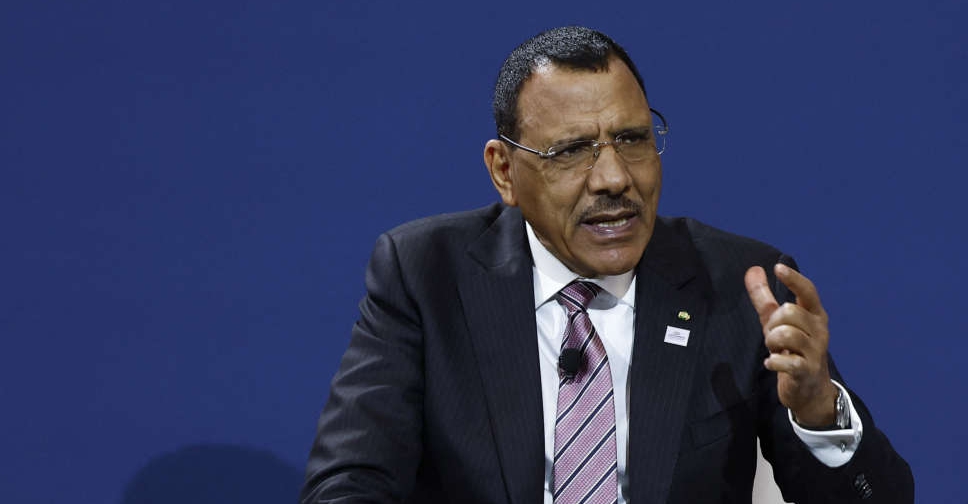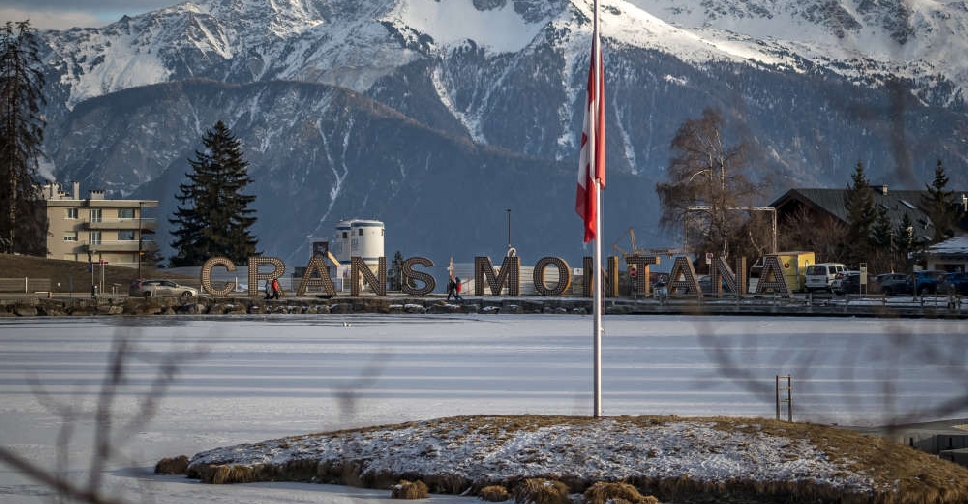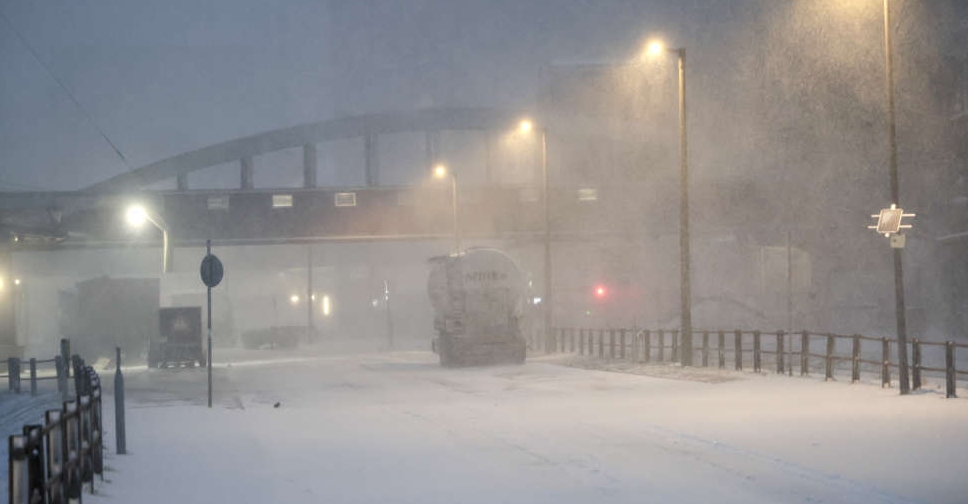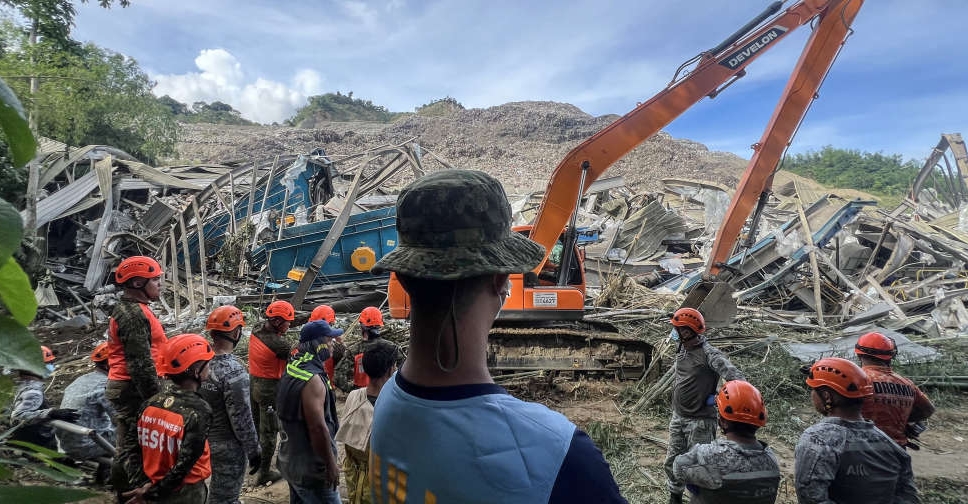
Niger's junta said it had thwarted an escape attempt by ousted President Mohamed Bazoum who has been imprisoned by the military since a July 26 coup despite international calls for his release.
The interim authorities said Bazoum and his family, with the help of accomplices in the security forces, planned to drive a vehicle to the outskirts of the capital Niamey and catch a helicopter to neighbouring Nigeria.
"The strong reaction of the defence and security forces made it possible to foil this plan to destabilise our country," a military spokesman said on national television.
Reuters was not able to confirm the account or reach Bazoum, whose whereabouts are unknown.
Niger's coup was one of five that have swept West Africa's central Sahel region in three years, leaving a vast band of arid terrain south of the Sahara Desert under the control of military rulers.
Like elected presidents in neighbouring Mali and Burkina Faso, Bazoum was pushed out in part because of mounting insecurity caused by an insurgency that has killed thousands in the region and which the military said it would be able to contain better than a civilian government.
Bazoum's party and family members say he has had no access to running water, electricity or fresh goods, prompting condemnation from former western allies.




 Swiss prosecutors summon owners of ski resort bar after deadly blaze
Swiss prosecutors summon owners of ski resort bar after deadly blaze
 Trump cancels second wave of attacks on Venezuela after cooperation
Trump cancels second wave of attacks on Venezuela after cooperation
 Widespread power cuts, travel disrupted as Storm Goretti hammers northern Europe
Widespread power cuts, travel disrupted as Storm Goretti hammers northern Europe
 At least one killed, dozens missing in landfill collapse in central Philippines
At least one killed, dozens missing in landfill collapse in central Philippines
 Trump says he will meet with Venezuela's Machado next week
Trump says he will meet with Venezuela's Machado next week




